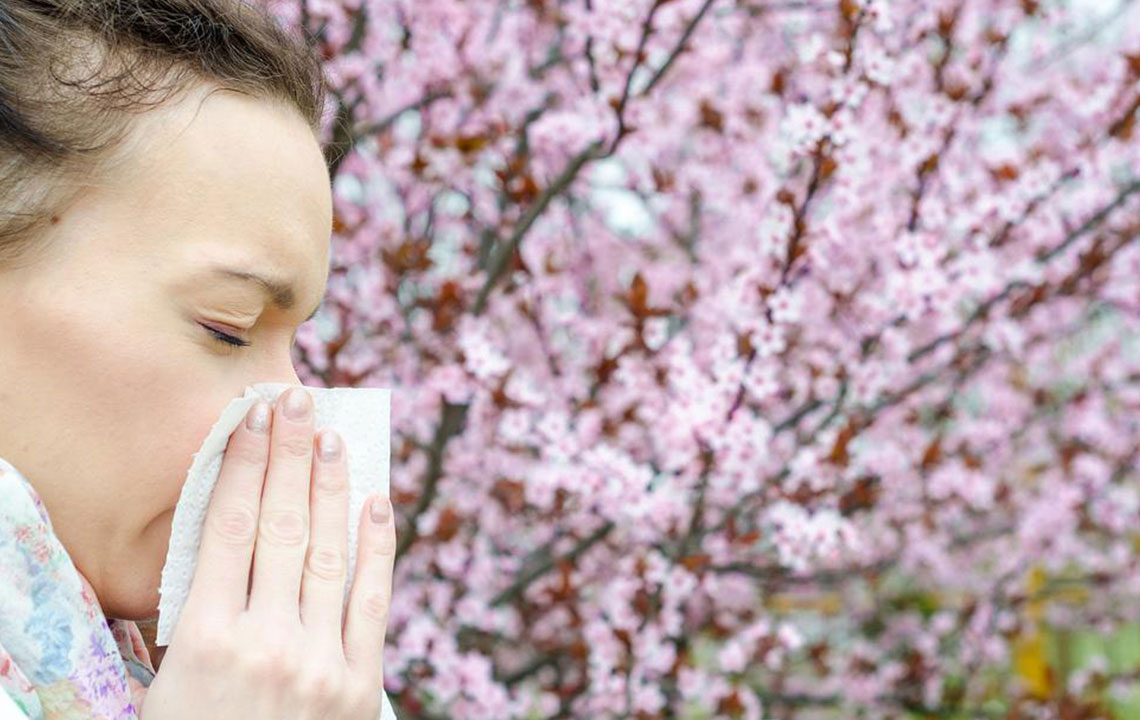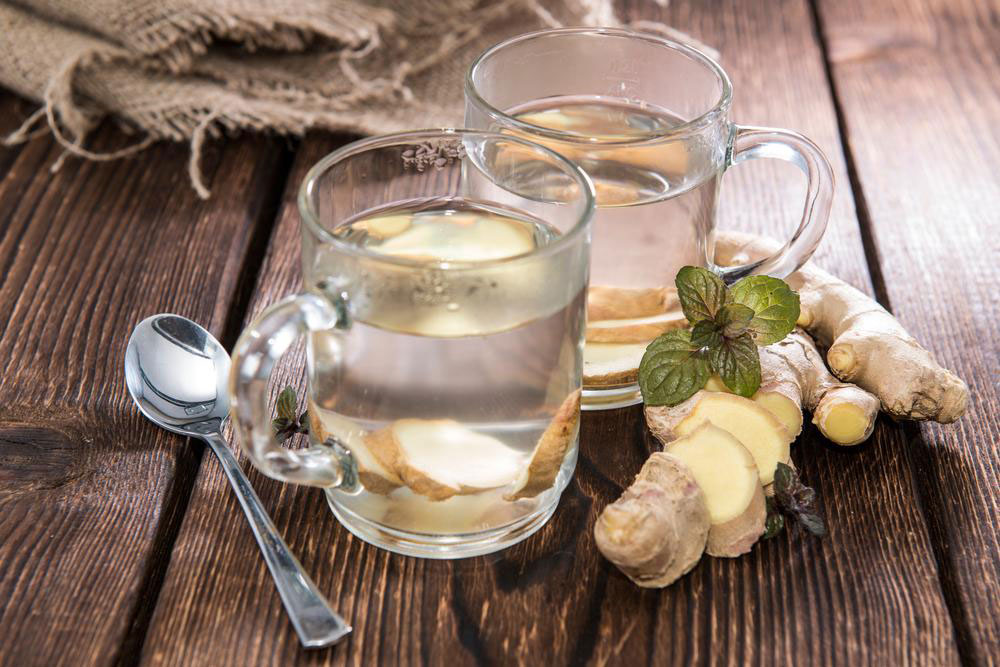Natural and Effective Strategies to Alleviate Pollen Allergy Symptoms
Discover comprehensive natural solutions to relieve pollen allergy symptoms effectively. From nasal rinses and protective gear to dietary supplements like fish oil and turmeric, learn how to reduce allergy discomfort naturally. These methods are safe, affordable, and easy to incorporate into everyday life, helping you manage symptoms without side effects and enjoy outdoor activities during peak pollen seasons. Enhance your well-being with these proven natural techniques for pollen allergy relief, and breathe easier all season long.

Natural and Effective Strategies to Alleviate Pollen Allergy Symptoms
Seasonal pollen allergies can significantly impact daily life, causing discomfort and health issues during peak pollen seasons. When pollen levels rise, it can settle in various hidden spots such as ventilation systems, damp corners, and even within clothing fibers. Although many rely on antihistamines to combat allergy symptoms, these medications often come with unwanted side effects like drowsiness, which can interfere with daily activities. Fortunately, there are numerous natural and holistic remedies available that can help manage pollen allergy symptoms effectively without adverse effects. Embracing these natural solutions can significantly improve the quality of life for allergy sufferers, reducing dependence on medication and enhancing overall well-being.
This comprehensive guide explores proven natural methods to counter pollen allergy symptoms, focusing on practical home remedies, lifestyle modifications, dietary supplements, and protective strategies. These approaches are accessible, cost-effective, and proven to be safe, offering relief during the challenging pollen seasons.
Below, we delve into the most effective natural methods to alleviate pollen allergy symptoms:
Regular Nasal Irrigation
Nasal rinses with saline solution are among the most effective natural remedies for clearing pollen, mucus, and other irritants from the nasal passages. Using a saline nasal spray or a neti pot daily helps to flush out pollen grains and reduces congestion, sneezing, and nasal irritation. This method not only alleviates symptoms but also helps prevent the buildup of allergens in the nasal cavity, providing lasting relief throughout the day.
Protective Accessories
Wearing protective gear such as wide-brimmed hats and UV-protective sunglasses can create a barrier against pollen particles. These accessories shield your eyes, face, and hair from airborne pollen, significantly reducing allergic reactions. It's especially helpful when outdoors during high pollen seasons. Ensuring that you wear protective clothing and accessories can minimize contact and make outdoor activities more comfortable.
Dietary Supplements
Incorporating certain dietary supplements can help modulate allergic responses. Fish oil capsules rich in omega-3 fatty acids have anti-inflammatory properties that lower leukotriene levels, substances involved in allergic reactions and respiratory inflammation caused by pollen. Over-the-counter options like quercetin, vitamin C, and bromelain are also recognized for their natural anti-allergy effects and can be easily added to daily routines.
Timing Outdoor Activities
Being mindful of pollen levels and planning outdoor activities accordingly can make a huge difference. Pollen counts tend to peak during early mornings and midday hours, which can exacerbate allergy symptoms. Conversely, late evenings usually have lower pollen levels, making it the optimal time for outdoor walks, jogging, or other activities. Monitoring local pollen forecasts can help you schedule outdoor activities at times that minimize allergen exposure.
Wear and Wash Clothing Properly
Clothes can harbor pollen grains after outdoor excursions. Avoid wearing unwashed clothes and always change and wash them promptly after returning home. Showering thoroughly helps remove pollen from your skin and hair, preventing it from lingering and causing further reactions indoors. Regularly laundering bedding and curtains is also a good practice to reduce indoor pollen buildup.
Incorporate Anti-Inflammatory Foods like Turmeric
Turmeric contains curcumin, a potent antioxidant with anti-inflammatory and decongestant properties. Including turmeric in your diet—through cooking or supplements—can help reduce allergy symptoms and ease respiratory discomfort. Its natural anti-inflammatory effects can also support your immune system, making it easier to handle environmental allergens during peak pollen seasons.
Adopting these natural remedies for pollen allergies offers numerous benefits. They are budget-friendly, widely accessible, and free from potentially harmful side effects often associated with pharmaceutical treatments. By integrating these strategies into your daily routine, you can significantly reduce allergy symptoms, enjoy outdoor activities more comfortably, and improve your overall health during allergy seasons.
This holistic approach emphasizes prevention, protection, and natural healing, empowering allergy sufferers to take control of their health while avoiding the risks of overmedication. Whether through lifestyle adjustments, dietary supplements, or protective accessories, these natural solutions can help you breathe easier and enjoy a better quality of life during pollen periods.




